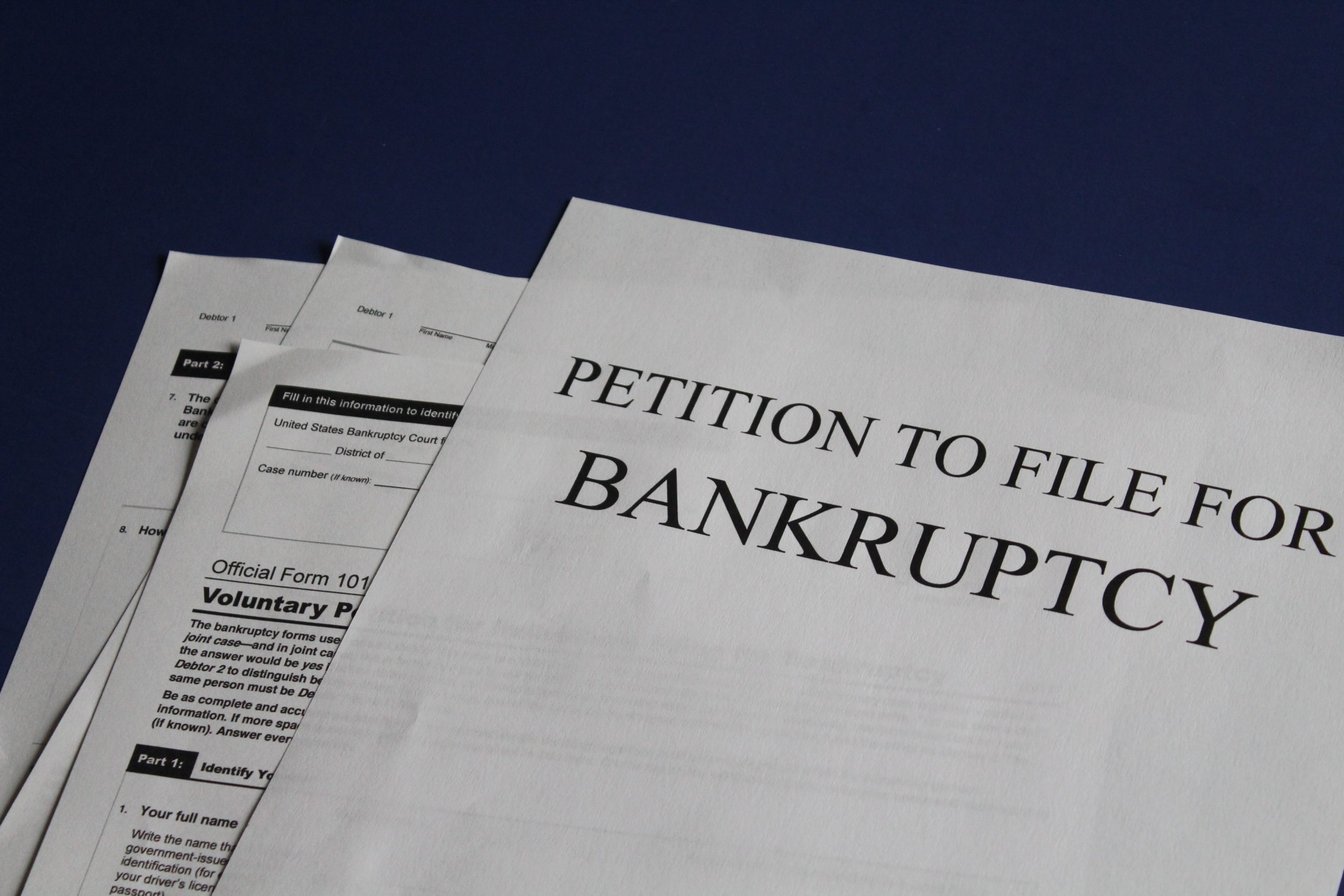Can a Husband File For Bankruptcy Without Their Wife in Pennsylvania?
The short answer to this question is yes. Any individual can file a bankruptcy case on their own, even if they are married. In a situation like this, the other spouse is usually referred to as the “non-filing spouse” in the case, and their involvement is limited. However, whether or not filing without your spouse is the best decision depends on a number of different factors in your case. Also, even if one spouse in a marriage has a need to file bankruptcy without the other spouse, certain financial information for the non-filing spouse must still be provided in order to proceed with the case. The real heart of the issue rests on your goals with the bankruptcy, both as to the protection a bankruptcy case gives you, and the discharge order you are granted at the conclusion of your case. These two factors and how they work into your overall financial goals need to be thoroughly discussed before deciding whether to file individually or jointly with your spouse. Also, I am often asked, “can I file my bankruptcy without my spouse being involved?” The answer is both yes and no. Your spouse will have to provide documentation for your case to proceed, such as pay stubs and other financial documents. However, your spouse will not have to attend your hearing or come to any appointments, unless an issue comes up that only your spouse can resolve. With proper planning and preparation, most issues can be resolved before your case is even filed, so our goal is to limit the involvement of your non-filing spouse when necessary.
How the Bankruptcy Process Works for You and Your Spouse
When one spouse files either a Chapter 7 or Chapter 13 Bankruptcy, the bankruptcy trustee will still look to the total “household income.” This means that the spouse that did not file the bankruptcy will still have to produce pay stubs, and even some other financial documents such as tax returns or bank statements, depending on your situation. So even in cases where finances, both income and expenses, are not shared amongst both spouses, bankruptcy court assumes they are for determining what kind of bankruptcy an individual may qualify for, either Chapter 7 or Chapter 13. This can result in cases where an individual with low income compared to their spouse can only file bankruptcy in which they must pay a significant amount back to their creditors, based on the non-filing spouse’s income. In some cases, this can be problematic, but it is the current state of bankruptcy law, and it could mean the difference between getting a quick discharge in a Chapter 7 case without paying any of your debt back and a five-year payment plan in a Chapter 13 case where you pay some or all of your debt.
The protection aspect of a bankruptcy case usually comes up under Chapter 13, where a payment plan is involved. When it comes to mortgages or car loans, you can file a Chapter 13 bankruptcy to set up a payment plan to bring these loans current, and protect you from foreclosure, repossession, and other collection activity. Even if the loans are joint with a non-filing spouse, your bankruptcy case protects both you and your spouse from any foreclosure sale or repossession, as long as payments are made after your case is filed. Having only one spouse in a married couple file Chapter 13 can often be a good strategy to protect your home or car and bring those loan payments current while keeping at least one spouse’s credit history clean of any bankruptcy filing so obtaining financing for a future home or vehicle purchase is easier.
Deciding Whether to File Bankruptcy Individually or Jointly
The other major factor to consider in deciding whether to file individually or jointly with your spouse is the impact of the discharge on your outstanding debts. Especially credit cards and other unsecured debt. If anything is jointly owed with your non-filing spouse, your bankruptcy filing will only discharge your own obligation to pay that debt back, not the obligations of your spouse. Therefore, any debts you get rid of in your bankruptcy filing may still be owed by your non-filing spouse, and they can be subject to collection activity such as bank freezes and wage garnishments. Therefore, it is often best to file a joint case, especially a Chapter 7 bankruptcy, if any of the outstanding unsecured debts, such as credit cards or personal loans, are jointly owed.
One final thing to consider is if you or your spouse has filed bankruptcy in the past eight years. There are rules that limit multiple bankruptcy filings for any one individual, especially if those cases are dismissed without ever receiving a discharge order. In some cases, a person may file multiple bankruptcy cases to prevent foreclosure, and those cases may fail and get dismissed for any number of reasons. This can result in bankruptcy court putting an order in place prohibiting that person from filing another bankruptcy case for some period of time. If that happens, the spouse may still be able to file their own case to stop foreclosure or prevent repossession of a vehicle. However, you should plan on bankruptcy court or your creditors to object and say that such filing is just being done to delay or hinder the foreclosure process.
Our Experienced Attorneys Can Help With Your Bankruptcy
This, like many other aspects of bankruptcy, is something that should be thoroughly discussed with your attorney when preparing to file a case. Every situation is different and only through a thorough consultation can the best plan be put in place for your specific situation. Contact our experienced Philadelphia bankruptcy lawyers today for a 100% free consultation.






























